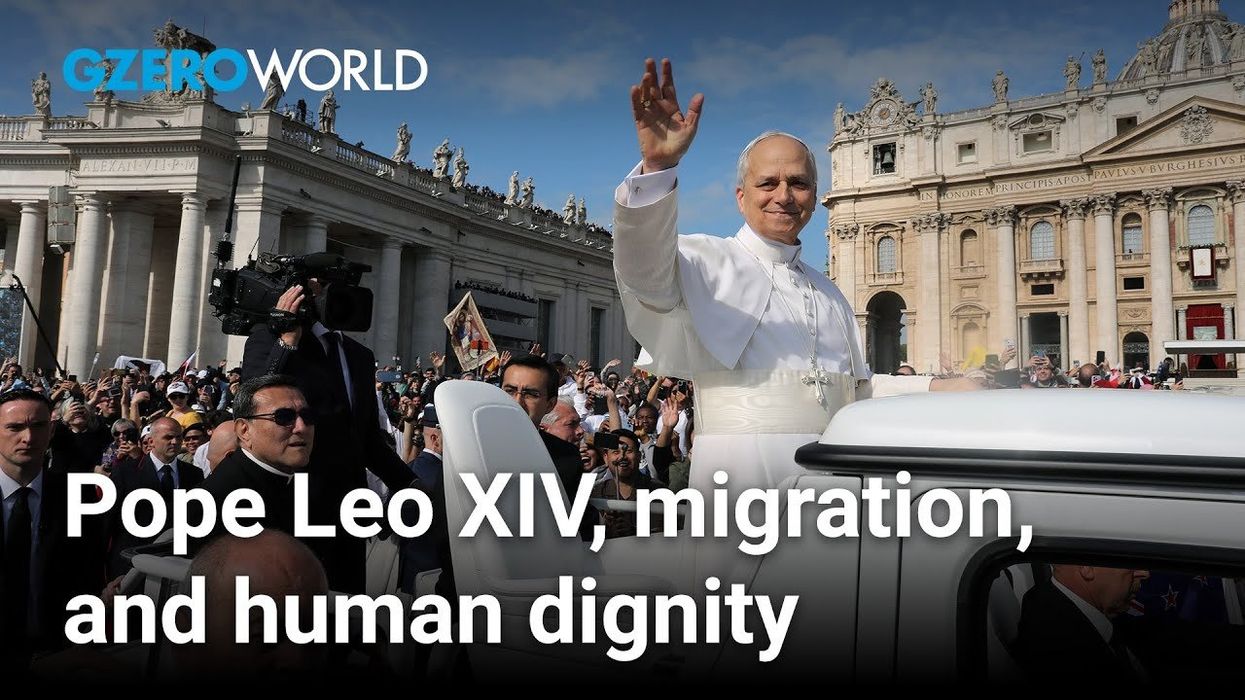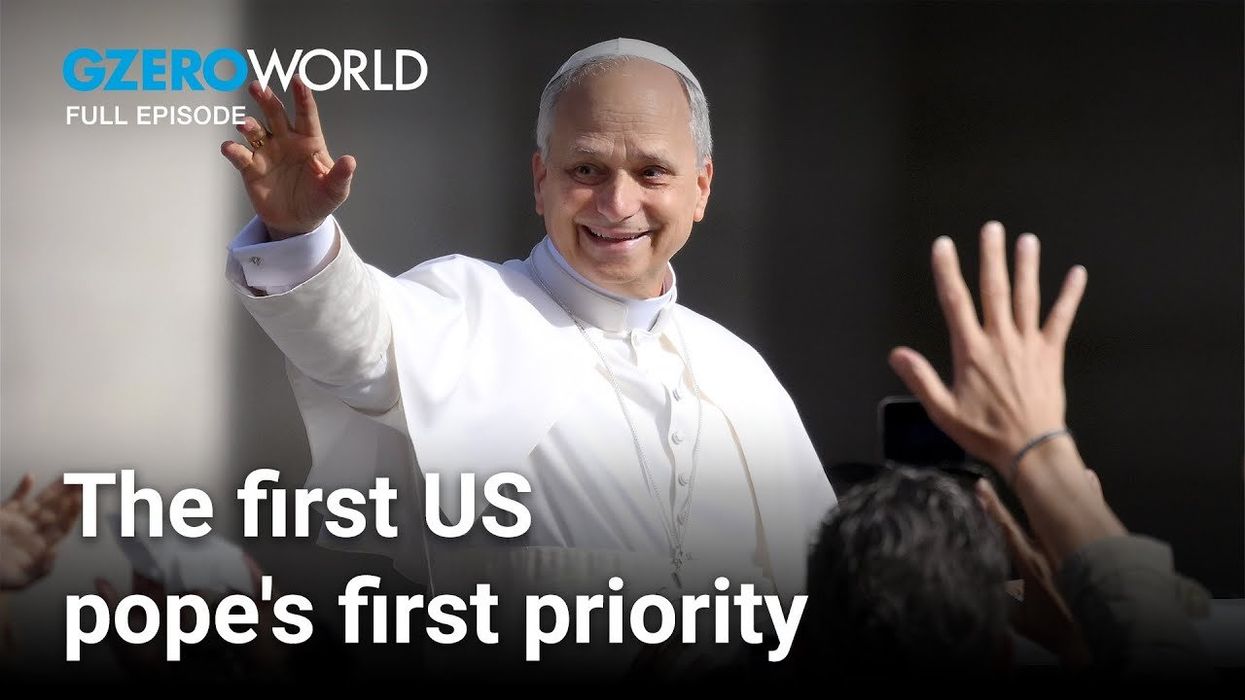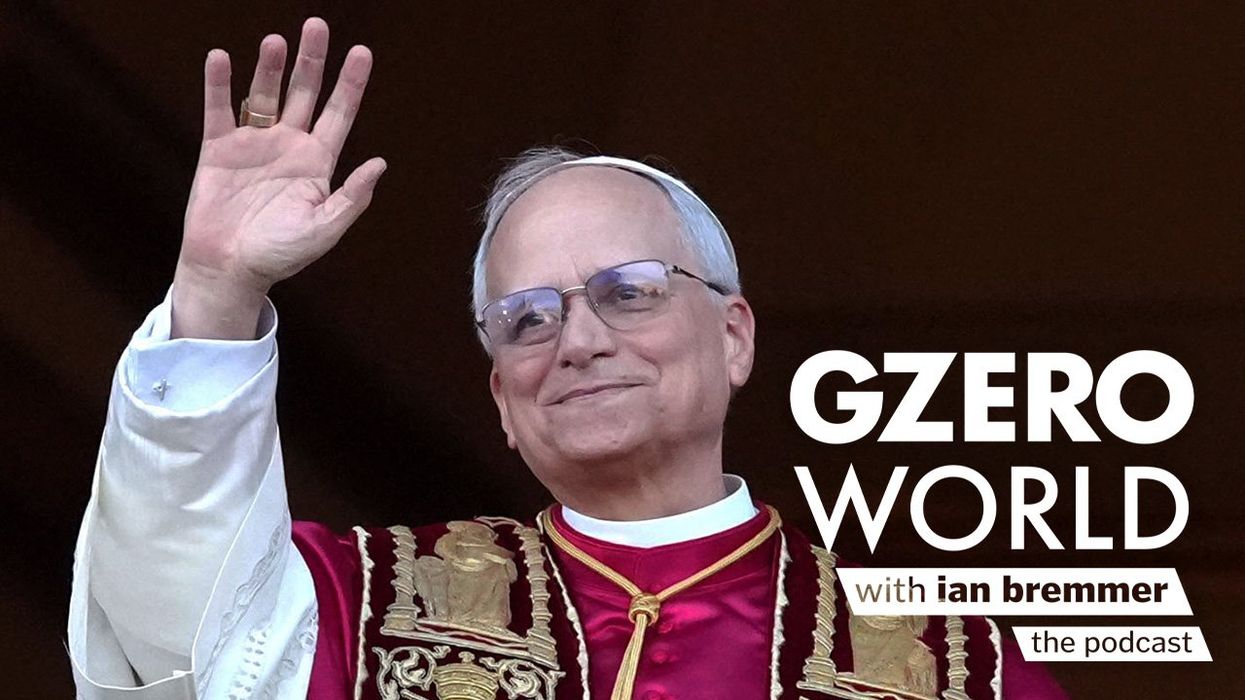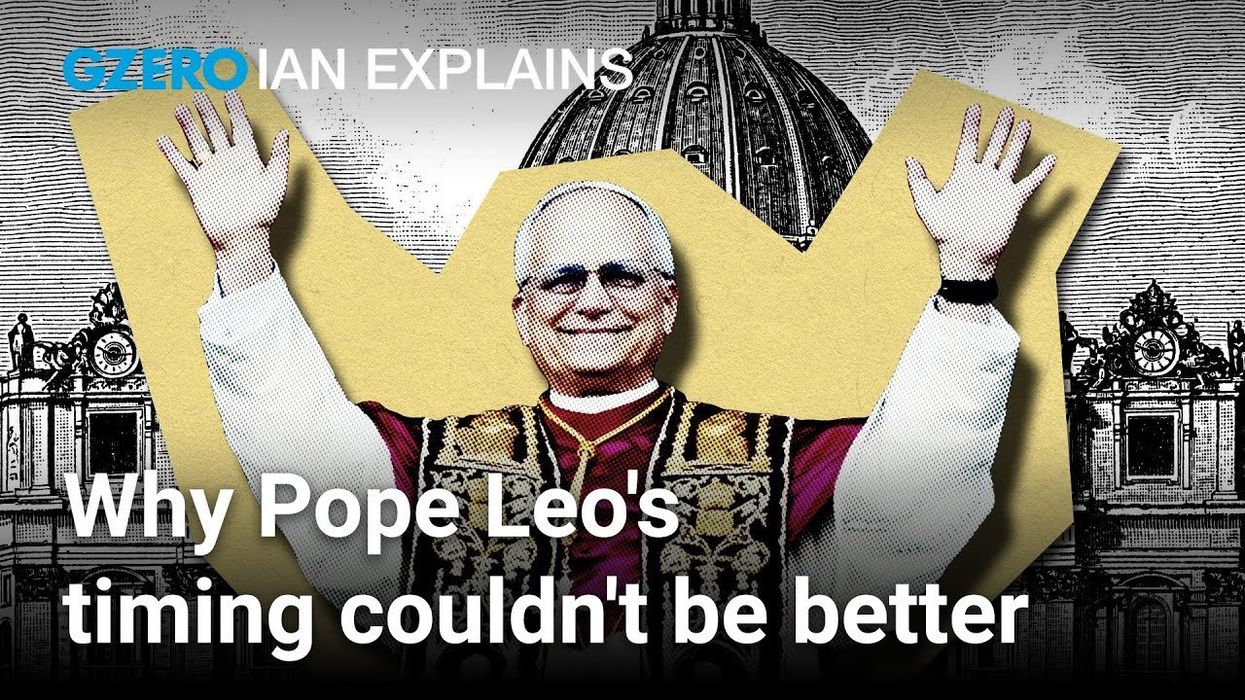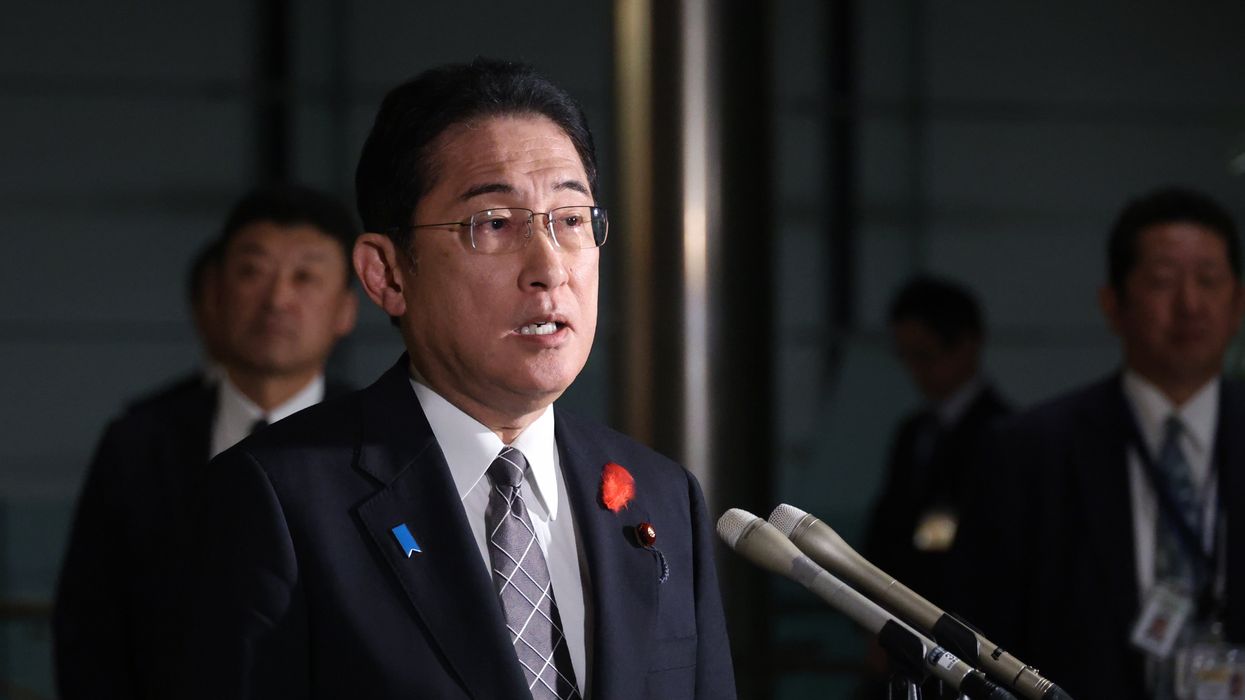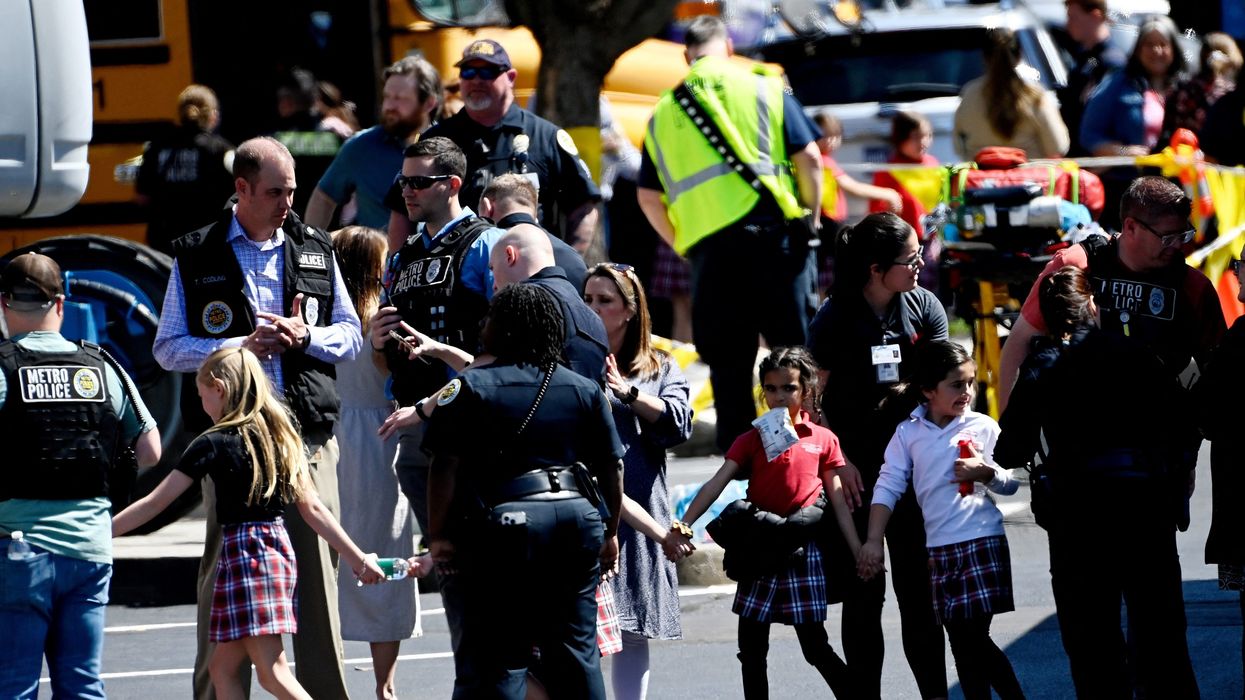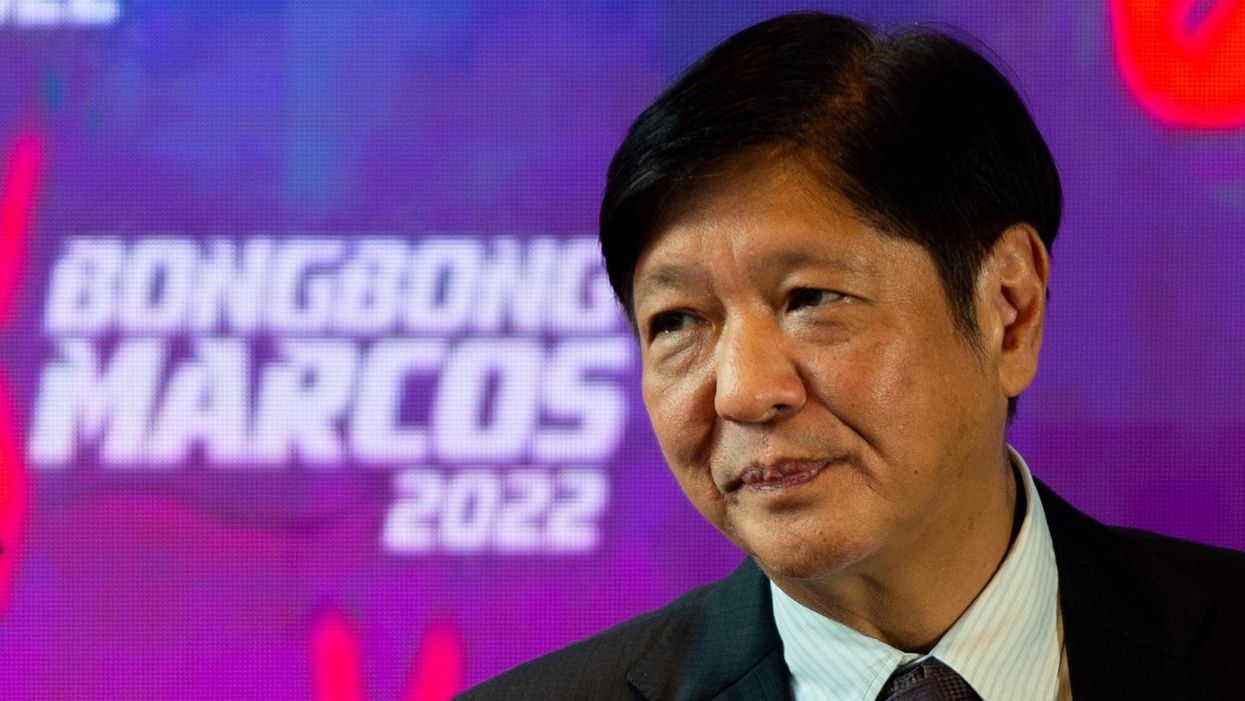GZERO World Clips
On immigration, Pope Leo XIV will advocate for the "dignity of the human" says Fr. James Martin
As Pope Leo XIV has already discovered, it's nearly impossible for a pope to stay above politics. And there's already every indication that this pope will be vocal when it comes to immigration.
Jun 03, 2025
